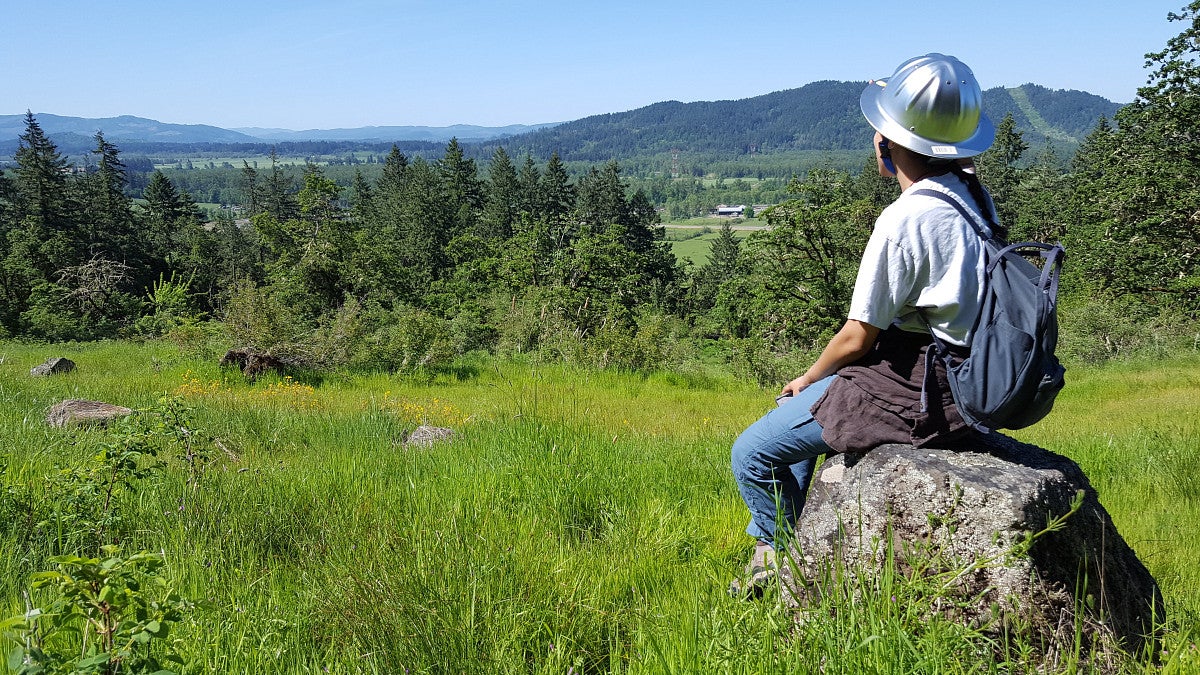About the Opportunities

- Make a difference in your community?
- Apply what you have been learning in the classroom to real world situations?
- Gain experiential learning experience in the field?
If you answer yes to these, take a closer look at ELP. This program is designed for you!
What you should know
This is a very demanding program. ELP students must be highly motivated, independent, and very interested in practical solutions to real-world environmental problems. You’ll develop research and professional skills by working in an intensive, team-based experiential learning environment. Whether you are collecting data on turtle habitat or leading environmental education programs, you will be providing a valuable service to your community partner.
A graduate student will serve as your project manager and direct supervisor. You’ll be expected to dedicate at least 10-12 hours per week to your project. Occasionally, the project will demand more of your time. Most projects build directly to courses that are part of the ENVS/ESCI major requirements – see individual project descriptions for information on prerequisites.
What you will gain
- Academic credit (4 credits/term)
- Credit toward your major (for ENVS and ESCI majors). Participation in ELP fulfills the Area 5, practical learning experience requirement, and generally the winter term prerequisite fulfills the Area 4 requirement as well
- Experiential learning, field experience
- An excellent experience to put on your resume
You will develop skills in:
- Leadership and collaboration
- Public presentation
- Website development
- Report preparation
- Networking with regional organizations and potential future employers
- Confidence!
Depending on the project, you may also gain skills in:
- Data collection and analysis (e.g., GIS and survey design)
- Environmental education development and facilitation
- Social science research (e.g., interviews, participant observation, surveys)
- Event planning

